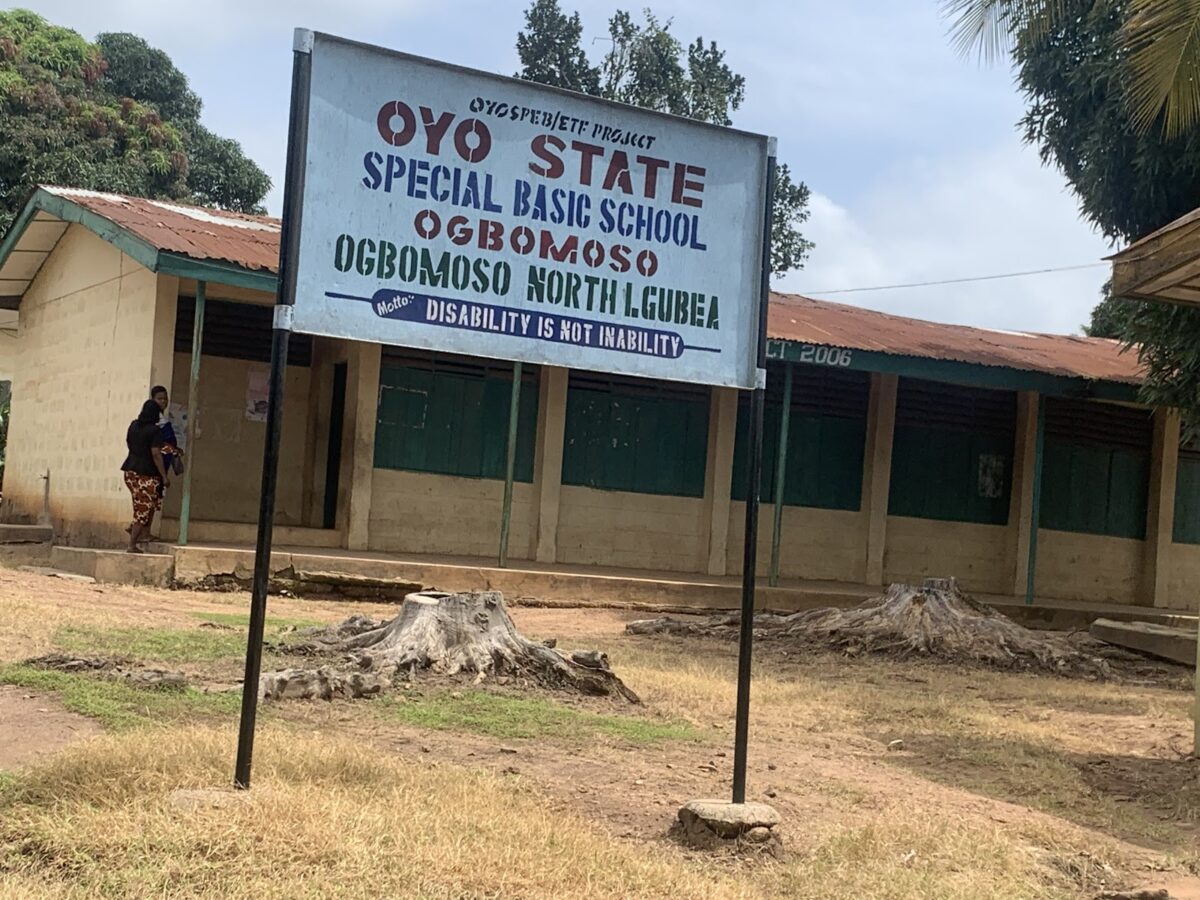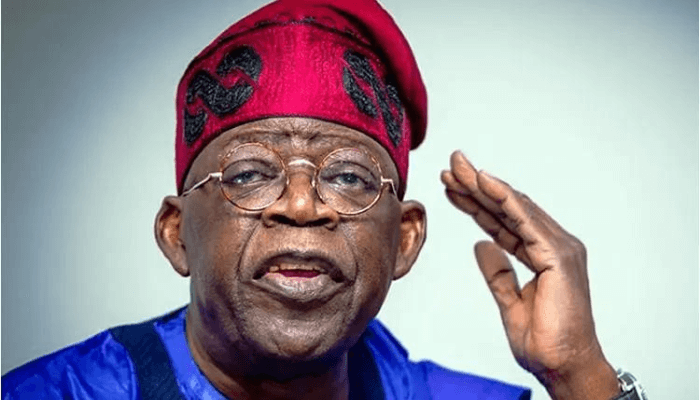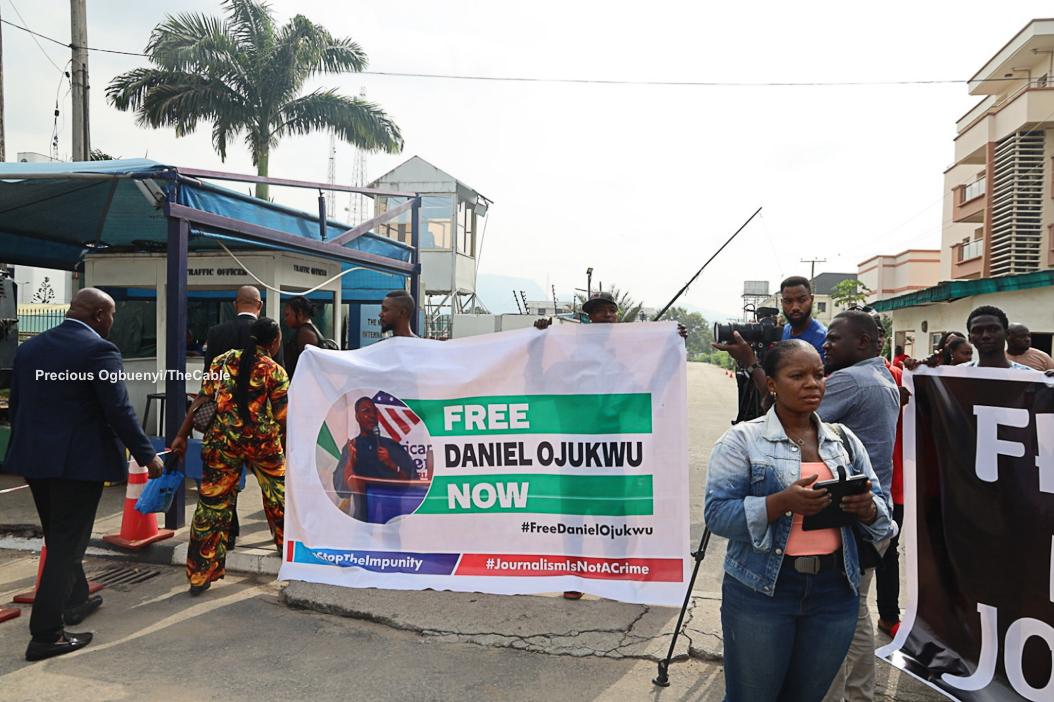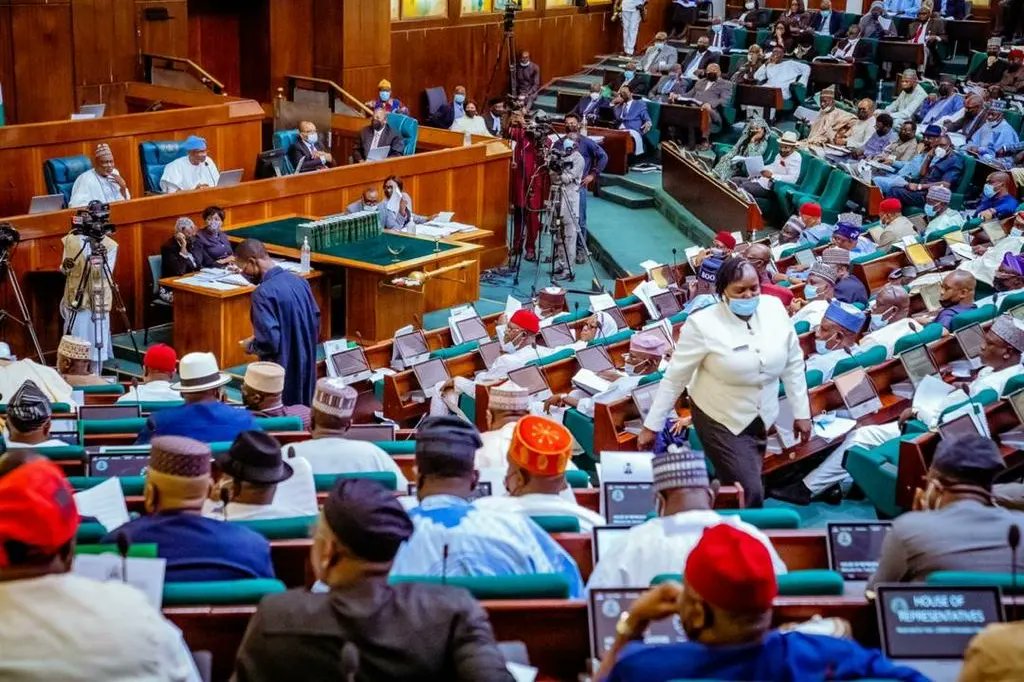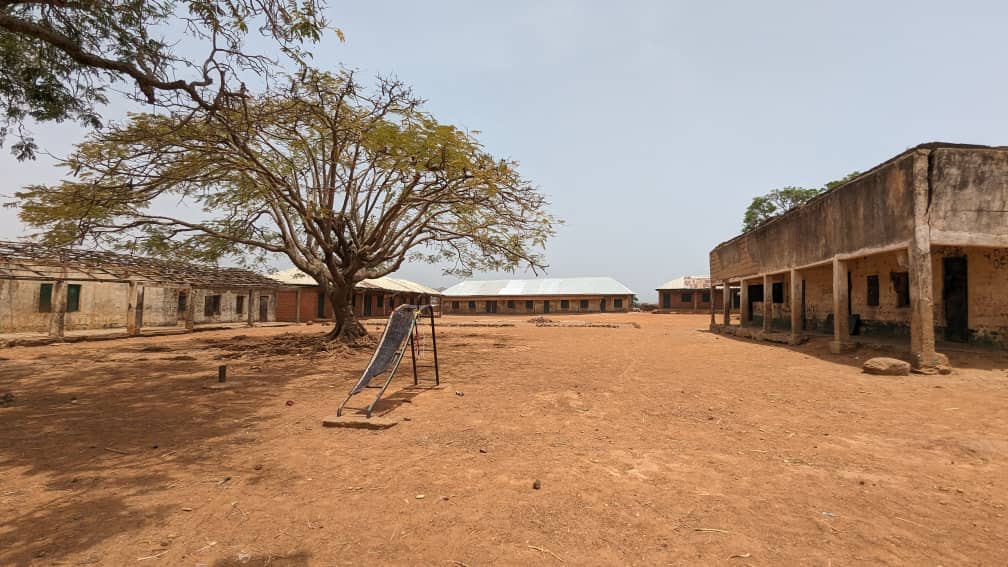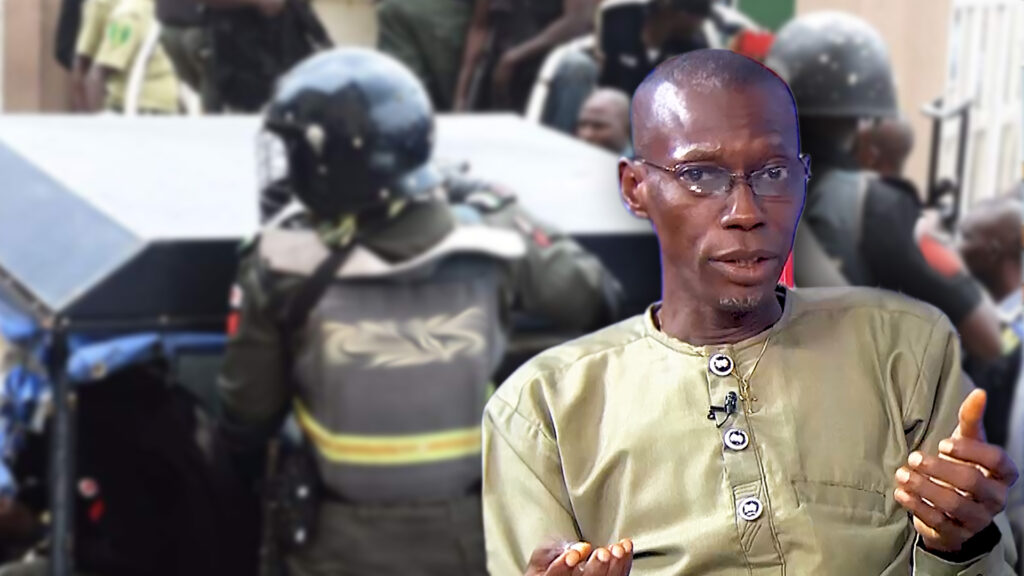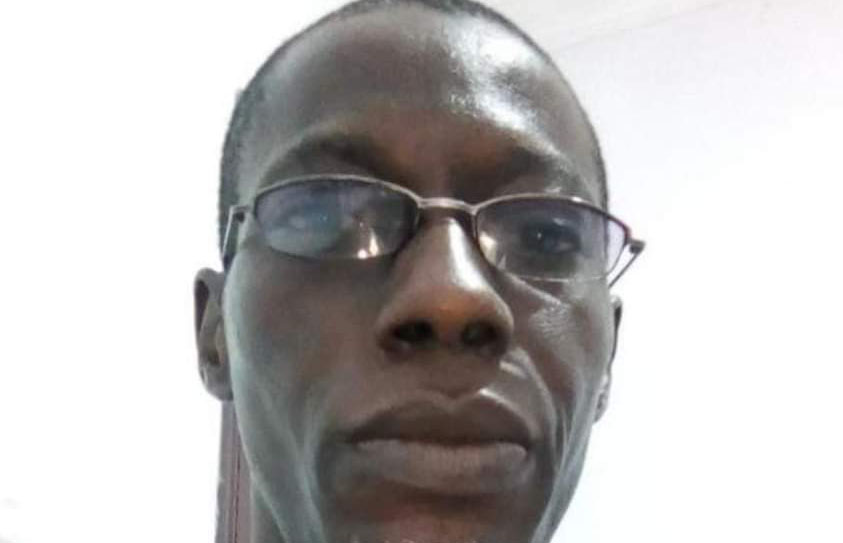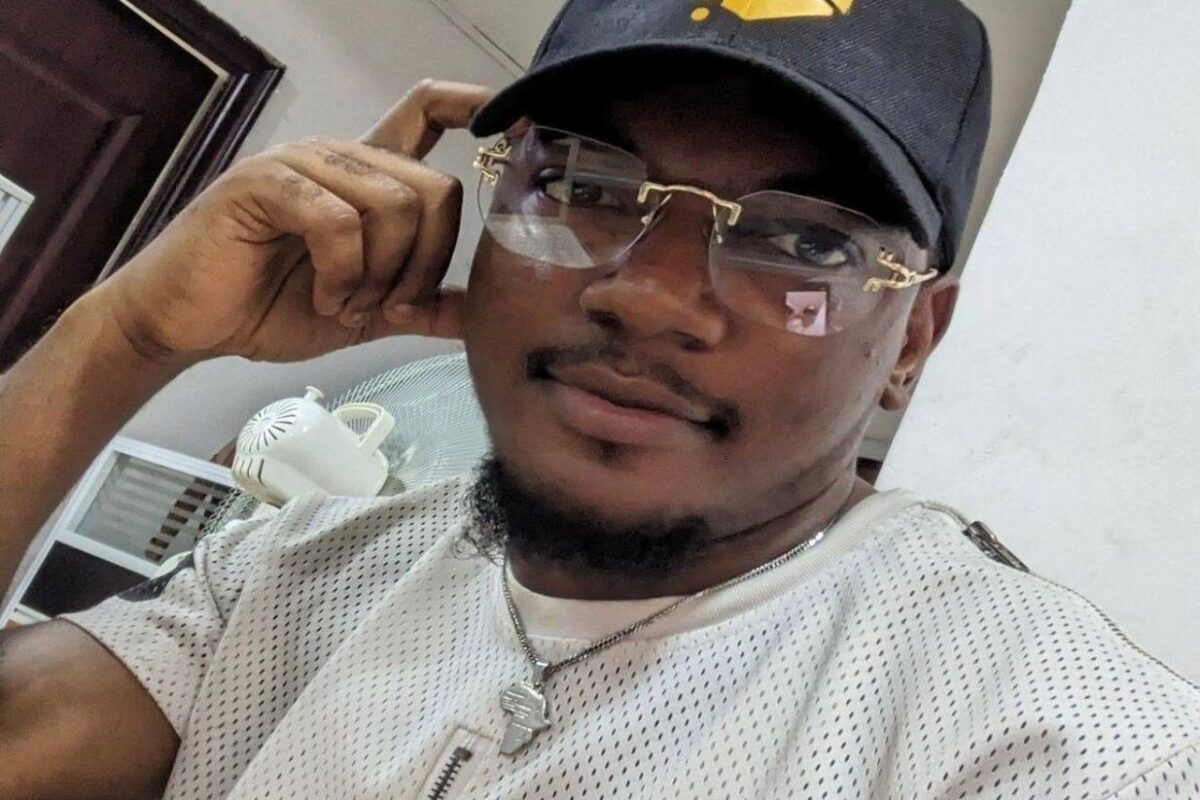
Jenifer’s parents (not real name) did not make enough to send her to their preferred school, but they wanted her to have an education. The Special Basic School, Oke-Bola, a public school for children with learning and intellectual disabilities in Ibadan, seemed like a good enough alternative, and six-year-old Jenifer, who has a hearing impairment, was enrolled.
Enrollment at the Special Basic School was almost free. The school offered quality basic education and had experienced teachers that tutored and guided the children to adapt and integrate into their environments. Jenifer’s mother, however, pulled her out of the school because of the daily cost of taking her to the school.
They lived some kilometers away from the school, but Jenifer’s mother went to work in the opposite direction, and this meant that she incurred extra costs daily dropping off and picking Jenifer up from school before going to work or returning home.
READ ALSO: School Children in Oyo State Not Learning Because of Rain, Dilapidated School Buildings
Jenifer’s disability made interactions with other people difficult and road usage a nightmare, so she couldn’t find her way home like her age mates. Her mother was unwilling to expose her to such difficulties, and so chaperoned her to and from school until she could no longer afford the cost of transportation.
Special schools are limited in numbers, and when available, require extra costs that parents like Jenifer’s mother cannot afford.
THE COST OF SPECIAL EDUCATION IN A PUBLIC SCHOOL
Apart from a school uniform, which costs around N5,000, school sandals, and socks, “not much” is required to enroll in a public school like the Special Basic School in Oke-Bola. The government provides practically everything, including textbooks, notebooks, learning aids, and a general sign language book. As a result, in addition to their standard school curriculum, the school’s pupils receive sign language lessons and attend vocational classes.
In non-special school settings, parents would have had to worry only about sending their children to school every day and providing learning materials for them, but for parents of children with disabilities, particularly those who are younger, the costs are extra, as are the distance and daily trip.
Mrs. Alabi, an experienced special education teacher with over 20 years in the field, explained that the school had over the years facilitated the education of students with disabilities. It runs a pre-basic to basic six education for students with learning disability (LD) and intellectual disability (ID). However, transportation cost continues to be a significant problem that so often compels many parents to withdraw their children from school.
“Most parents cannot just put their children in any school close to their home, if it is not special, so they go the long distance required. Some families who are a little buoyant often employ bike men or cabs to pick up and drop off their kids. The cost of this varies based on the agreement with the driver and the location of their home,” the headmistress explained.
READ ALSO: Blackout in Ibadan Neighbourhood After Theft of Transformer Cables
In Ibadan, where the average cost of transportation is about N250, a parent would have to pay an average of N500 daily, amounting to N11,00 monthly in 22 school days for transportation. In a term, this amounts to N33,000.
In Nigeria, where the minimum wage is N33,000, parents would likely fork out a third of their monthly earnings for their child’s transportation alone.
While setting up fixed transportation arrangements proves advantageous, the education of children with disabilities is still dependent on drivers’ dedication and availability. If a driver misses an appointment and fails to show up, the student might miss school.
Mrs. Alabi disclosed that to help parents, the school had asked the government for a hostel. She said after some persistence, the government obliged and built one. It is, however, not in use anymore due to insecurity. Most parts of the school’s fence have broken and there are no day guards or night guards to see to the children’s protection.
“This place is currently too porous. They burgle our classrooms and offices anytime. Many of the broken ceilings you can see right now are a result of forceful entry into the school. Currently, we cannot keep many of our valuables here. We had to rent a room in town to keep many important items, and the school is paying rent for the room. Over the years, we have been writing letters for an improvement in security, but no reply yet.”
Mrs. Alabi explained that a few years earlier, the school received a generous donation of a well-equipped ICT room from the government, but the room was later burgled and all the computers, air conditioners and other amenities were stolen. With such a situation on the ground, the hostel is not a good place to accommodate students, she said, adding that the safety of children cannot be assured in a school where properties are not completely safe.
“We understand the situation of most parents, so when we do not see their children in school, we put a call through to them. Many students here have erratic education for various reasons. For most parents, having a child with disability is enough. The sign of any trouble further discourages them, and their child’s education suffers.”
Even as the headmistress remains in talks with the government to provide security for the school and lessen the burden of transportation on parents, every day, another student with disability risks dropping out of school, never to return.
THE PRICE AT A PUBLIC SPECIAL SCHOOLS WITH BOARDING FACILITIES
Save its functional boarding facility, the Special Basic School, Ogbomosho, is very much like the Special Basic School in Oke-Bola. Everything is free. The government provides for students’ basic needs.
The school caters to children with disability in primary school and sends the secondary school level students to Adeniran Memorial Grammer School, Ogbomosho, just a stone-throw away. Every morning and evening, students guide their colleagues living with disability to school and help them return to the hostel in the evening.
Together with basic school necessities like uniforms, socks, sandals, notebooks and writing materials, students at the Special Basic School in Ogbomosho need other materials such as braille paper, carbon paper, cardboard and walking sticks.
READ ALSO: International Day of Forests: Ekiti NGO Takes Tree Planting to Secondary School
Being a boarding school, there are also additional needs like housewares, food items, beverages and toiletries such as sanitary pads, tissue papers, bar soap, detergent, toothpaste, and toothbrushes. The average cost of all this is about 70,000 naira.
According to Adedokun Muideen, a social worker at the Nigeria Training Centre for the Blind, Ogbomosho, the government takes responsibility for most of the students’ needs, providing them with basic supplies and meals. The downside, however, is that some supplies, like braille and walking sticks, are provided annually, so parents bear repair and replacement costs if any student damages them. Depending on the material damaged, replacements can be expensive. Take the walking stick for instance, which costs about N10,000 for one.
THE COST OF BASIC EDUCATION FOR CHILDREN WITH DISABILITY IN A PRIVATE SCHOOL
On the other side of town from Special Basic School, Oke-Bola, Ibadan, in a cool quiet environment, is Adeyanju Taiwo Centre. The school’s location is a huge contrast from the public school, as access to the building behind the tall fence and gate requires security verification. There are only a few private basic schools for children with disabilities in Ibadan, and Adeyanju Taiwo Centre is one of them. The center caters to children with disabilities like autism, learning disability, down syndrome, and much more, but currently does not take in visually impaired children.
It has both day and boarding facilities, and there is a list of protocols to follow to enroll.
Aderemi Adebusola, the administrative assistant, told FIJ that the first step to enroll in Adeyanju Taiwo Centre is an assessment of the child, which costs N35,000. This is independent of whether a child will be accepted or not, and is not part of tuition or any other fees. It is also non-refundable. Adebusola explained that it is a payment for the time and energy that go into evaluating a child’s disability to determine where to place the child.
The administrative assistant did not reveal the amount each child was expected to pay, but he disclosed that there were fees was for the child’s personal care giver, meals of up to five times daily, extra care and interactive learning aids.
FIJ found that at Patrick Speech and Language Centre, Lagos, a centre similar to Adeyanju Taiwo Centre, Ibadan, enrollment for a term costs N500,000.
EXTRA EXPENSES, ADDITIONAL NEEDS – THE BARRIERS
Education is a fundamental human right that every child deserves regardless of their abilities or disabilities. Unfortunately, children with disabilities in Nigeria face too many barriers that hinder them from enjoying this right. According to the World Health Organization (WHO), 16 percent of the world’s population lives with some form of disability. In Nigeria, there are approximately 25 million people living with disabilities, and about five million of them are children.
One of the biggest challenges facing children with disabilities in Nigeria is the lack of infrastructure and facilities that are accessible to them. Many schools in Nigeria do not have ramps, accessible toilets or other necessary facilities to accommodate children with physical disabilities. This makes it difficult and, many times, impossible for children with disabilities to attend school. In addition, many schools lack specialised equipment and assistive technology that children with disabilities require to learn and participate in the classroom.
Another challenge that children with disabilities face is discrimination and stigma from teachers, students and the society at large. Many people, including parents, are not adequately trained to handle children with disabilities, and as a result, they may ignore or mistreat them. Parents of children with disability often have no idea how to interact with their children and are sometimes unaware of their child’s disability until diagnosed. Outside of their homes, these children face even greater discrimination from people who cannot see them as persons. This leads to feelings of isolation and low self-esteem among children with disabilities, which can negatively impact their academic performance and overall well-being.
Mrs. Alabi explained that some parents, especially uneducated ones who have children with disabilities often feel disdain for their kids as they think they cannot do well.
“The percentage of parents who appreciate these kids is low. Through some parents’ body language, you can feel they are just looking for where to dump these kids without having to bear the responsibilities that come with their care. Here, we often try to reach out to them and counsel them to aid their kids’ integration,” she said.
In 2021, the Special Basic School, Oke-Bola, Ibadan, held an inter-house sports competition for kids to show many parents what their kids were capable of outside the classroom.
READ ALSO: Oyo State Abandons Beneficiaries of COVID-19 Scheme Despite Taking World Bank Funds
For most parents, cost is the barrier preventing them from providing their children with access to education. Many families cannot afford the cost of education, coupled with the additional expenses required for children with disabilities. This can result in children with disabilities being excluded from education or being placed in schools that do not adequately meet their needs.
Parents’ inability to provide basic necessities for their kids also brings about apathy towards education. For many parents, it is not only about the cost of education, but the commitment and stress that go into managing their lifestyle alongside their children. Many cannot afford the additional mental work, so they keep their children at home, with no education.
In past years, the Nigerian government has made some efforts to address the state of education for children with disabilities in the country. In 2010, Nigeria signed the United Nations Convention on the Rights of Persons with Disabilities, which recognises the right of every child with a disability to education. In addition, the Discrimination Against Persons with Disabilities (Prohibition) Act was passed in 2018, prohibiting discrimination against people with disabilities in all areas of life, including education. However, the state of education for children with disabilities in Nigeria remains inadequate.
Yinka Olaito, a media expert on disability, explained that a lot of factors keep the education of children with disabilities stagnant, and that includes the societal belief systems, government’s attitude and a lack of deliberate investment in infrastructure that support the rights of children with disabilities at large.
“While there is an act, there is no implementation. Full implementation could have erased or at least removed these barriers. Lack of full implementation of this law continues to make life difficult for this target and their parents,” he said.
READ ALSO: INVESTIGATION: How SUBEB Is Building Imaginary Schools in Kano, Crippling Education
Mr. Olaito noted that the general public schools were not organised to embrace inclusion, as disability comes with a level of shame among peers, hence the reason why we have special schools. Access to some of these special schools, however, comes with an economic cost and a level of societal and psychological cost unintended and missed.
“Associated shame makes the parent or the children concerned avoid these schools, and this also leads to homeschooling, which is sometimes not effective if certain conditions are not put in place to make it work and last. Here in our clime, schoolworks are often largely missed.”
Mr. Olaito advised that to aid inclusive education of children with disabilities, there is a need for a complete reorientation of society with regard to how we see and treat a child with a disability. There is also a need for full implementation of disability acts across the nation, and a deliberate investment in the education and protection of rights of children with disability.
This report is part of Youth Hub Africa’s Basic Education Media Fellowship 2022, with support from the Malala Fund and Rise Up.
Subscribe
Be the first to receive special investigative reports and features in your inbox.


